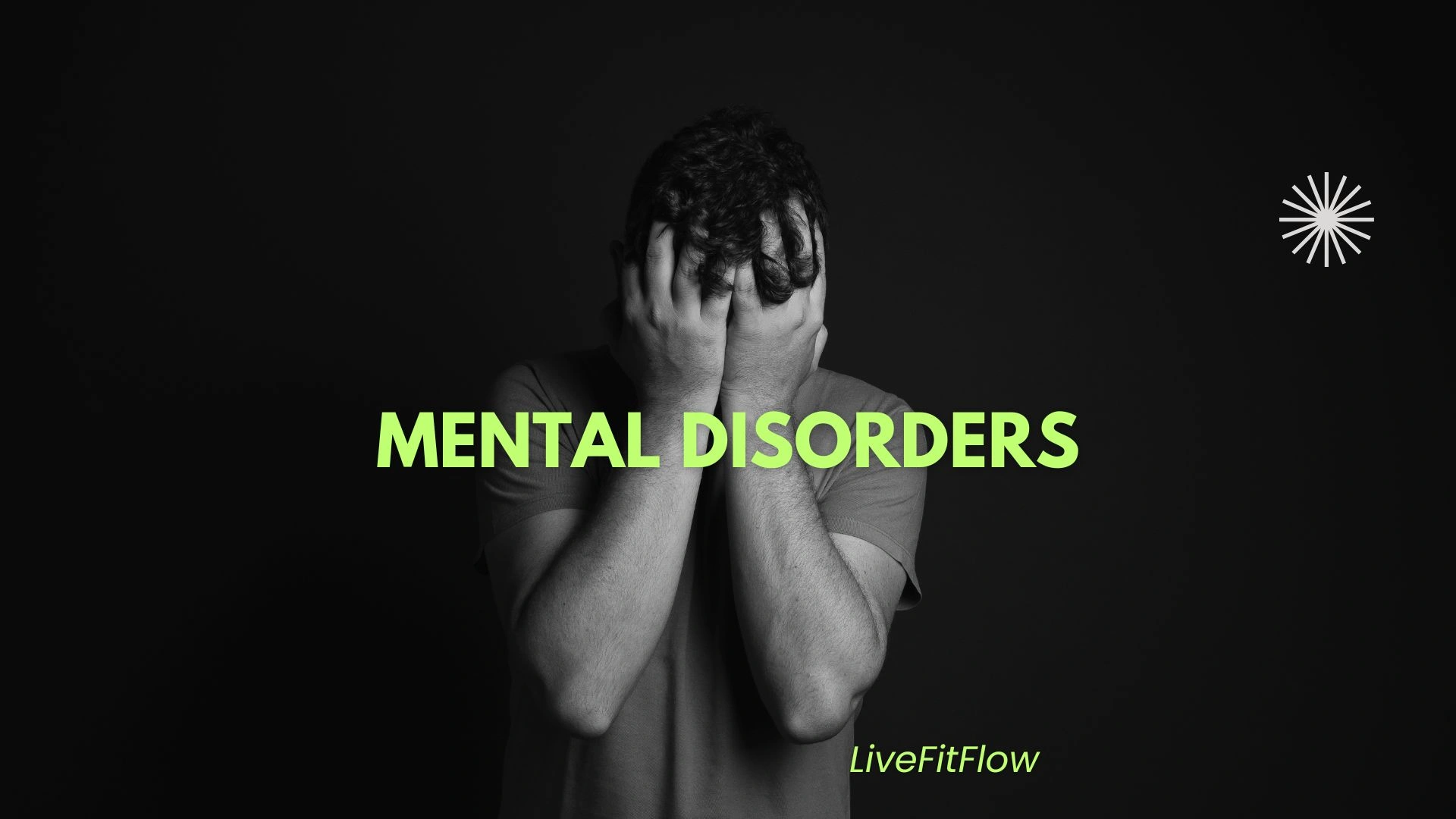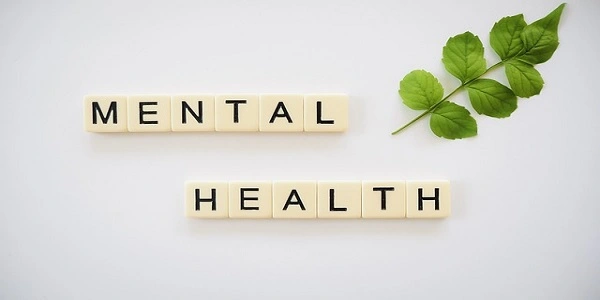Categories of Mental Disorders
The human brain is a complex structure, and its imbalance can cause many types of mental disorders. People have mental health problems in mental illness. The symptoms of mental illness cause stress. Which weakens the person’s ability to function in daily life. and it becomes a kind of mental illness. It is because of mental illnesses that a person starts feeling lonely. Due to which he becomes completely isolated from the world. The World Health Organization (WHO) and the American Psychiatric Association (APA) have divided mental disorders into many categories. In this article, we are going to tell you how many types of mental diseases are there.
1.Mood Disorders
These disorders affect the emotional state of a person. As long as a person is alive, his mood often changes. Sometimes the mood is of sadness and sometimes of happiness. The effect of which is directly seen on our mood. But getting lost in mood in this way is also a kind of depression. We see this many times among ourselves, in friends or in a family member. When he is sad, he remains sad about the same thing for many days. He neither feels like eating nor going anywhere. This can also be called depression.
- Depression: Constant sadness, despair, lack of interests.
- Bipolar disorder: Extreme fluctuations in mood – sometimes extreme happiness (mania) and sometimes extreme sadness (depression).
2. Anxiety Disorders
This category includes a state of extreme anxiety, fear and nervousness. People who suddenly suffer from nervousness start getting nervous very quickly about anything or anything. Many times they start getting scared of something or they are very nervous about doing something. And this nervousness is clearly visible on their face or is clearly visible in their hands and feet. Which is often understood by the people in front. In such a situation, their heart starts beating very fast and they start sweating very fast. This shows that he is mentally very weak, due to which he is very nervous.
- Generalized anxiety disorder
- Social phobia
- Panic attacks
3. Psychotic Disorders
These are serious mental disorders in which a person loses a sense of reality.
- Schizophrenia: Delusions, hallucinations and reduced thinking ability.
- Delusional disorders: Sticking to untrue beliefs.
4. Eating Disorders
Distorted thinking about food habits and body image:
- Anorexia nervosa: Starving and trying to lose weight excessively.
- Bulimia nervosa: Tendency to overeat and then vomit.
5. Personality Disorders
Long-term abnormal patterns of behavior and thinking of a person:
- Borderline personality disorder
- Narcissistic and antisocial disorders
6. Obsessive-compulsive and related disorders (OCD)
- OCD: Repetitive disturbing thoughts and compulsive actions.
Symptoms of Mental Disorders
Mental diseases do not have any one definite symptom, rather they can appear in many ways. These symptoms affect the way a person thinks, feels and behaves:
1. Emotional symptoms:
- Extreme sadness or anxiety
- Feeling hopeless or helpless
- Lack of confidence
2. Behavioral symptoms:
- Irritability or anger
- Distance from social interactions
- Strange behavior or speech
3. Cognitive symptoms:
- Difficulty in making decisions or concentrating
- Tendency to forget
- Confusion or hallucinations
4. Physical symptoms:
- Lack of sleep or excessive sleep
- Change in appetite
- Fatigue or lack of energy
Causes of Mental Disorders
Mental disorders are not just the result of mental thinking, but there can be many biological, psychological and social reasons behind it.
1. Biological Factors:
- Chemical imbalance of the brain (imbalance of neurotransmitters such as serotonin, dopamine)
- Heredity – having a family background of mental diseases
- Brain injuries or infections
2. Psychological Factors:
- Sexual, emotional or physical abuse in childhood
- Low self-esteem or guilt
- Tendency to think negatively
3. Social Factors:
- Poverty, unemployment or loneliness
- Family discord or divorce
- Social rejection or discrimination
4. Substance Abuse:
- Excessive consumption of alcohol, drugs and nicotine can lead to mental disorders.
Diagnosis of Mental Disorders
Correct diagnosis is the first and most important step in the treatment of mental illness.
1. Psychiatric Evaluation:
- The doctor analyzes the symptoms, behavior, thinking patterns and lifestyle.
- Psychiatric history is taken.
2. Mental Status Examination:
- The person’s language, thought process, mood, awareness and memory are examined.
3. Use of DSM-5 manual:
- This manual has been developed by the American Psychiatric Association, which helps in identifying various mental disorders.
4. Clinical tests:
- Blood tests or brain scans like MRI, EEG – to rule out organic causes.
Treatment of Mental Disorders
The treatment of mental diseases is decided on the basis of symptoms, severity of the disorder and the condition of the patient. This treatment can be long-term.
1. Psychotherapy:
(a) CBT (Cognitive Behavioral Therapy):
- Therapy that makes thoughts and behavior positive.
(b) DBT (Dialectical Behavior Therapy):
- Helpful in controlling emotions and managing stress.
(c) Talk therapy:
- Finding solutions to problems by talking to a trained therapist.
2. Medications:
- Antidepressants: In the treatment of depression and anxiety.
- Antipsychotic drugs: Related to schizophrenia or delusions.
- Mood stabilizers: For bipolar disorder.
Note: Take medicines only on the advice of a mental health specialist.
3. Support groups and family support:
- Understanding and supporting the patient increases his self-confidence.
4. Emergency Care:
- Immediate hospitalization is necessary if there is a tendency to commit suicide.
Managing Mental Health Disorders
It can be difficult to deal with mental disorders, but it can be controlled with the right routine and awareness.
1. Make a regular routine:
- Sleep and wake up on time, eating and drinking habits.
2. Yoga and Meditation:
- Yogasana, Pranayama and meditation are very beneficial for mental peace.
3. Emotional support:
- Talking to family and friends, sharing your thoughts.
4. Digital detox:
- Limited use of social media reduces stress.
5. Healthy eating:
- Food rich in omega-3 fatty acids, fiber, vitamin-B is beneficial for the brain.
6. Organized lifestyle:
- Regular exercise, participating in creative work, nature walk etc.
7. Seek professional advice:
- Meet a psychiatrist or psychologist if symptoms appear.
Conclusion
Mental disorders are not a deficiency that cannot be cured, rather it is not a weakness, it is a real and treatable condition. Just like physical diseases are treatable, mental diseases can also be completely cured with proper care and timely treatment. Society should develop understanding and empathy towards mental health, so that every person can openly ask for help.


